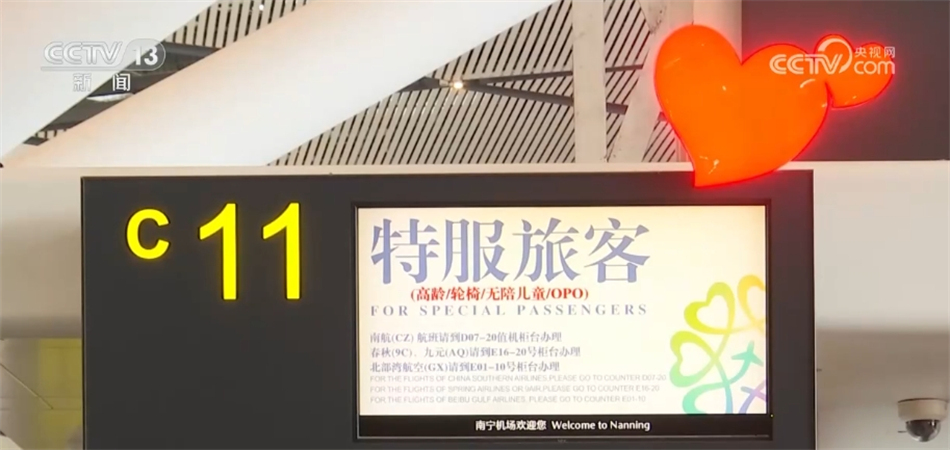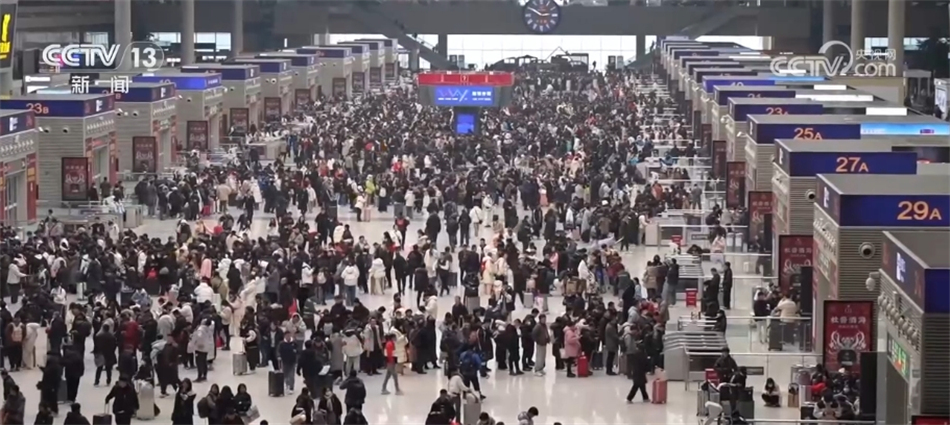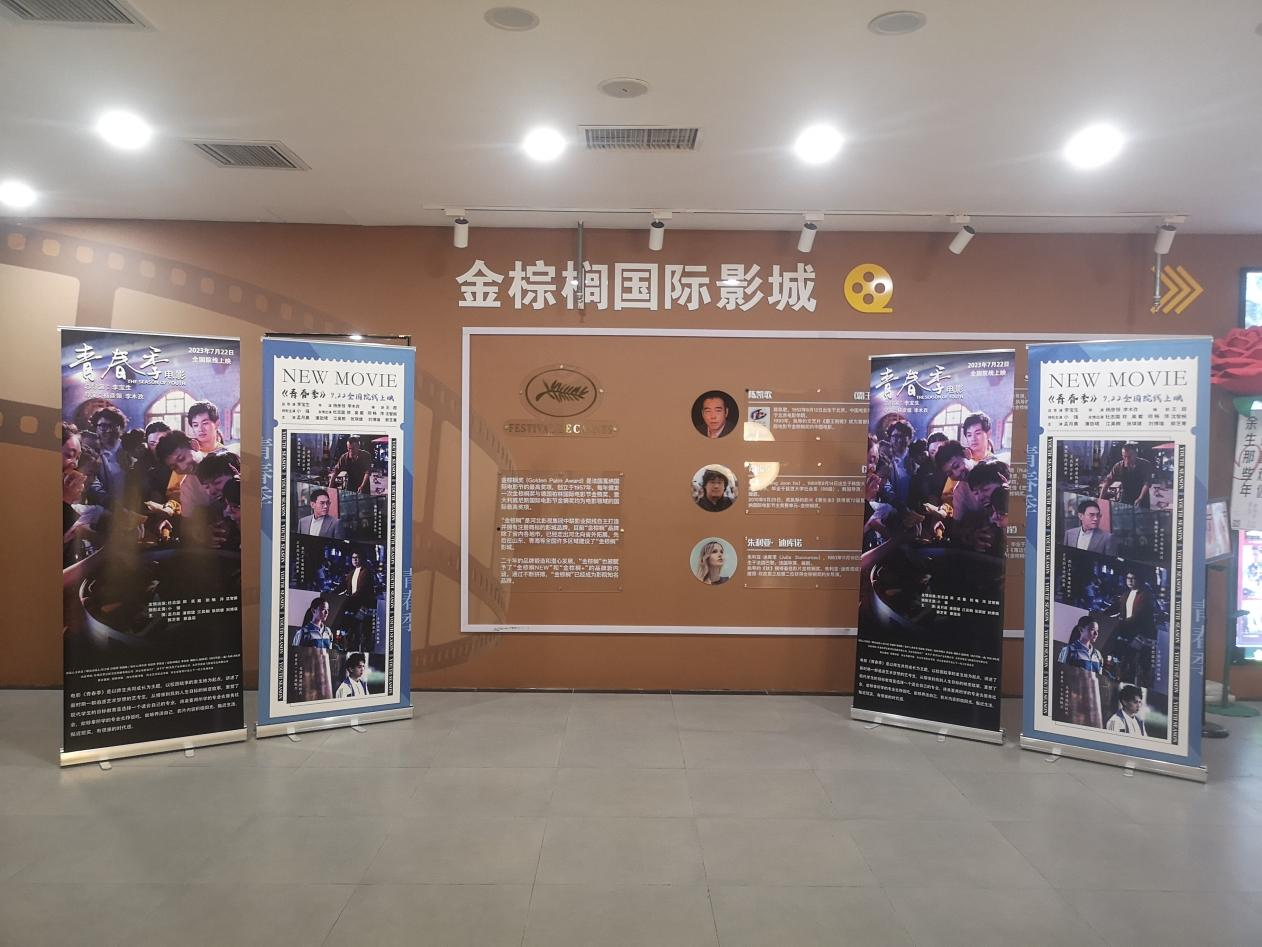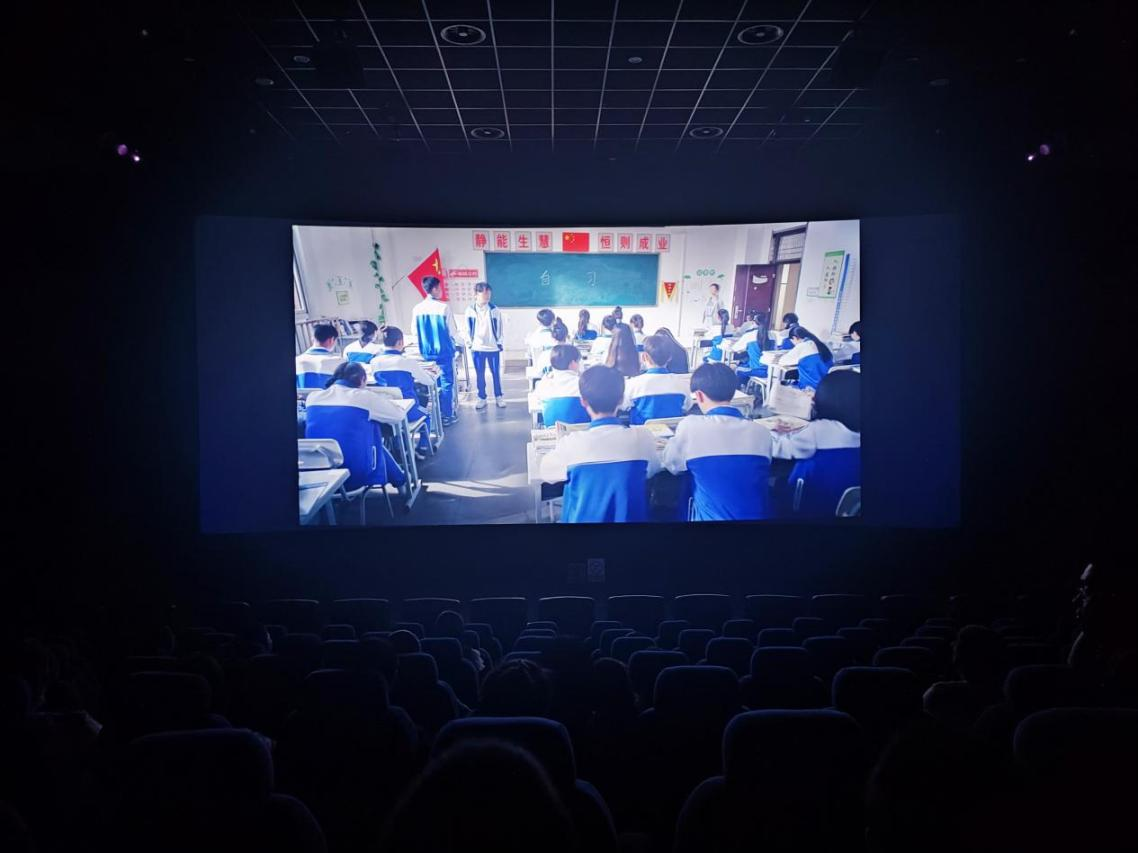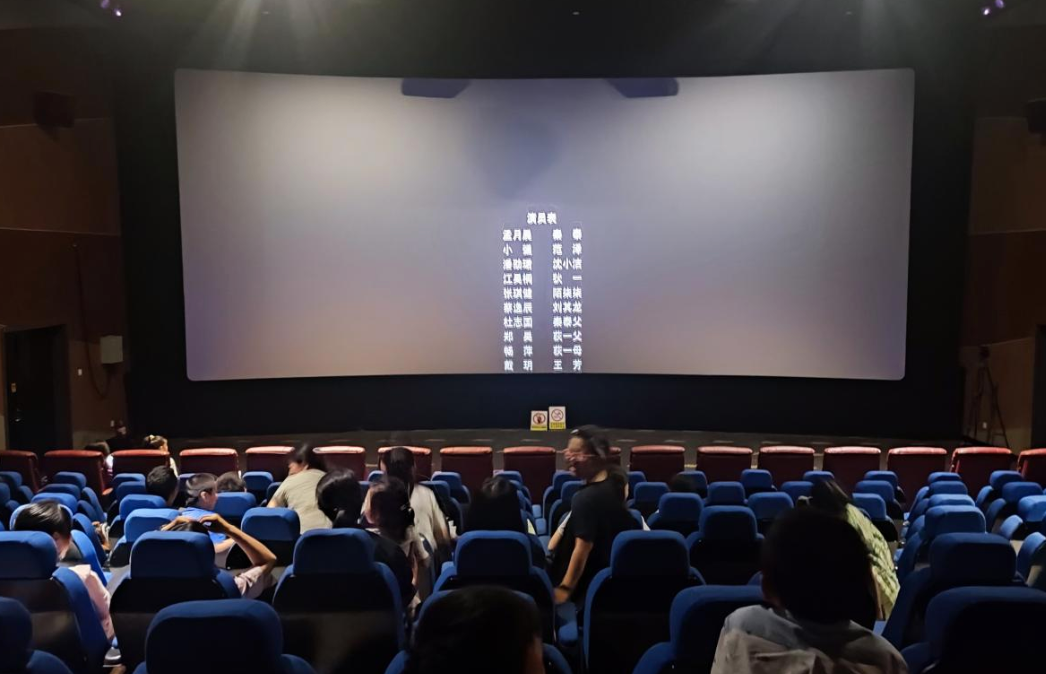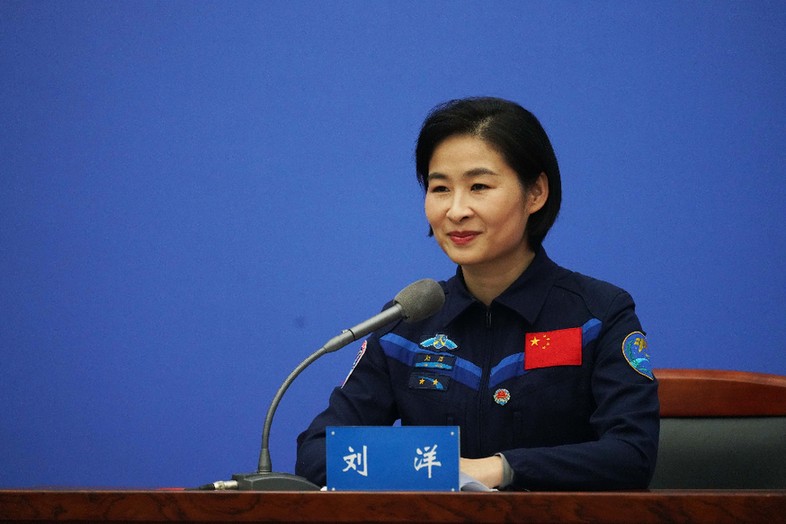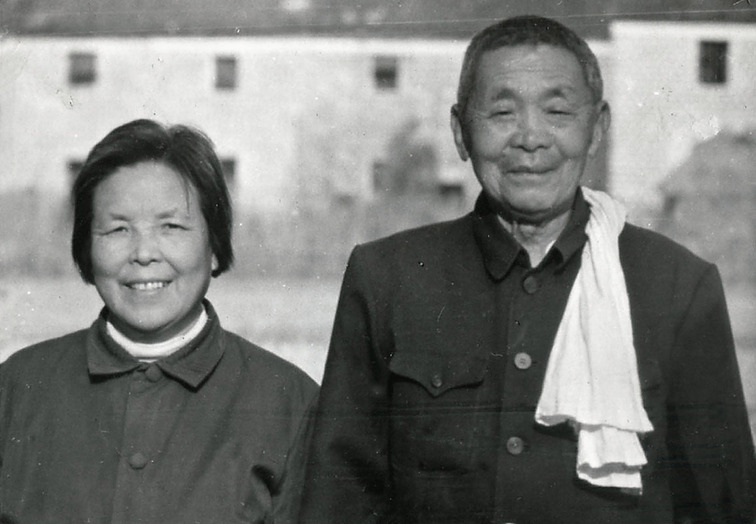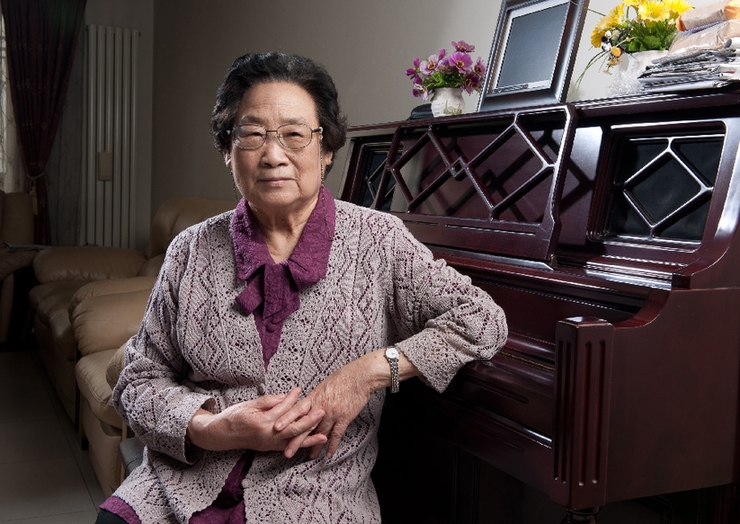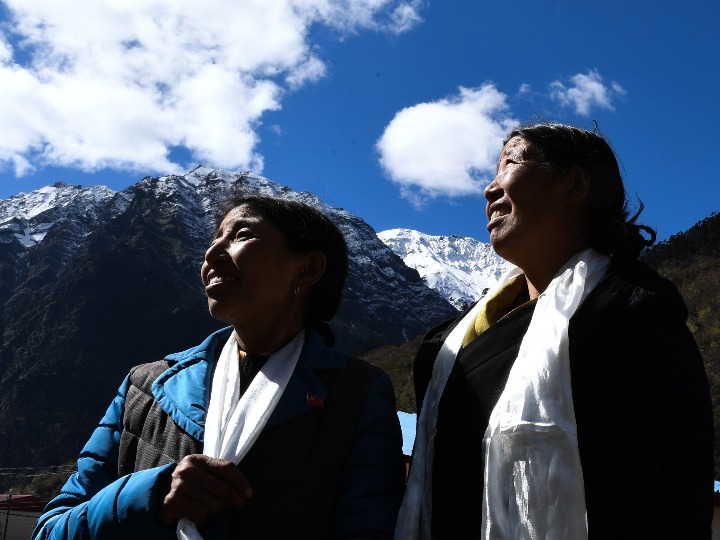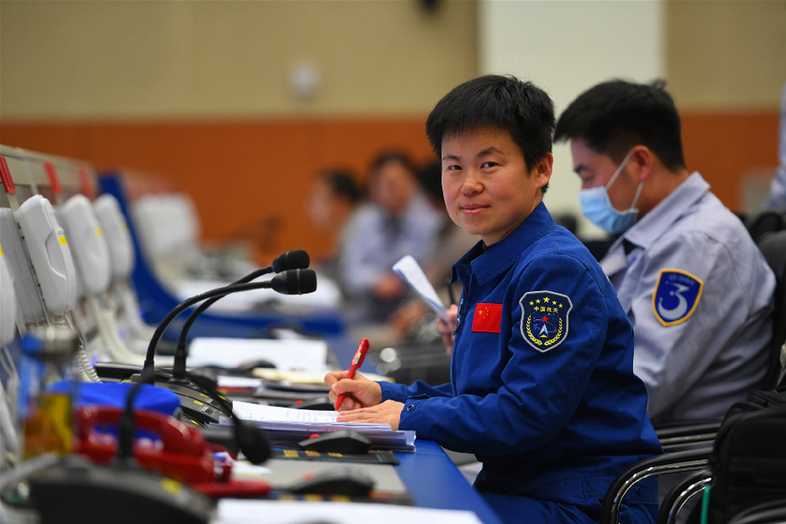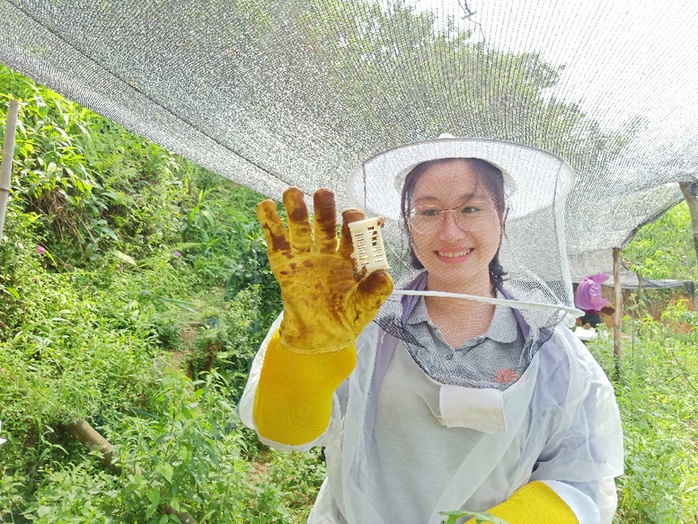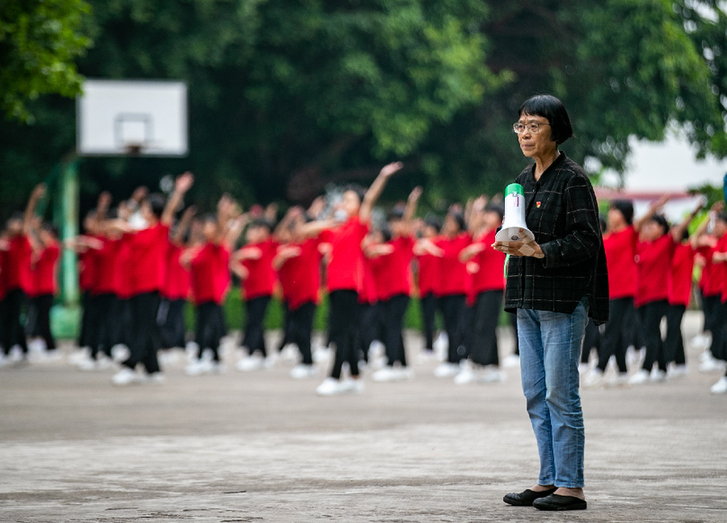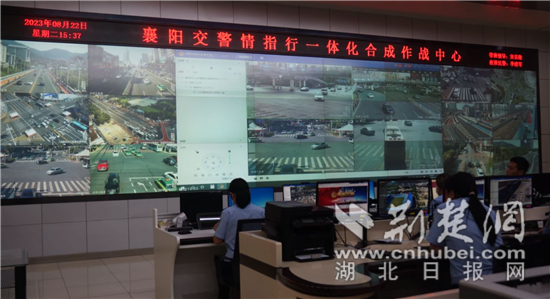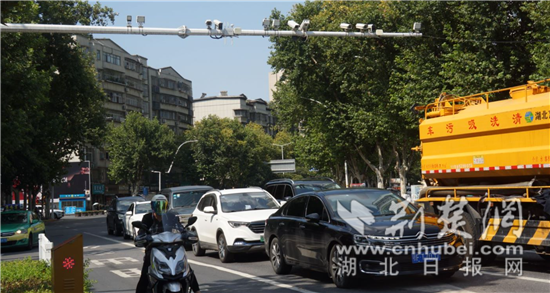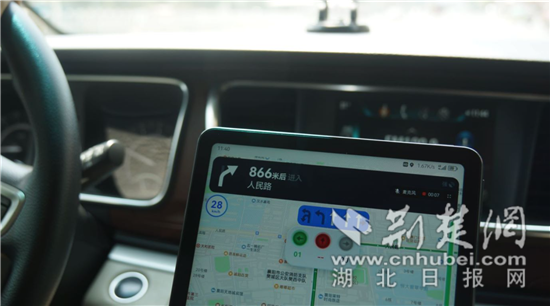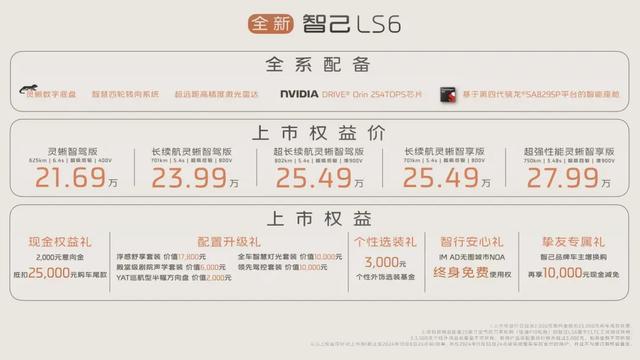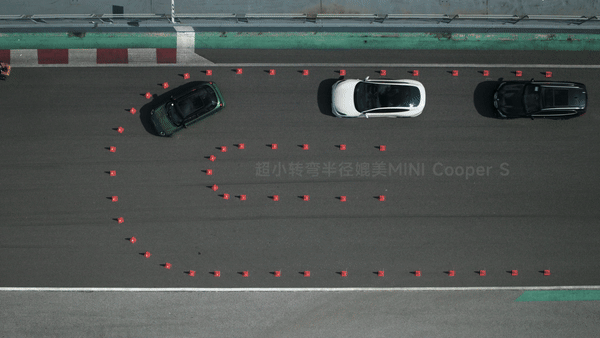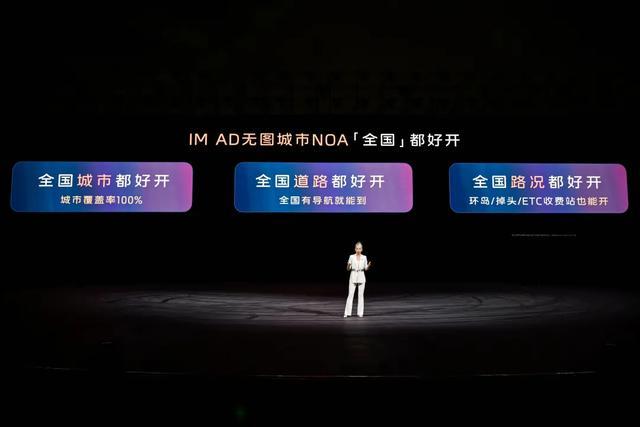Directly hit the new domestic crime film | After Broken Bridge, there will be more fierce!
Special feature of 1905 film network The summer war in 2022 is coming to an end, and two domestic crime films released during the period have attracted widespread attention:Detective warsThe box office has exceeded 700 million, and it has won the fourth place in the summer file and the first place in the annual Hong Kong film.Broken bridgeOver 200 million, become a director.Li YuUp to now, it is the highest box office.

There are also shortcomings in achievements. It is also a Hong Kong-made crime film, and Detective Wars has not surpassed it.Shock Wave 2The word-of-mouth ceiling of the box office and the "loophole" in the story of Broken Bridge have become a major factor in the decline of the box office trend of the film.The audience has always had a high demand for crime movies. After Detective Wars and Broken Bridge, more high-quality domestic crime movies are expected to hit hard.

Controversy caused by "No Alarm" in Broken Bridge
After the release of Broken Bridge, the negative comments focused on the story logic and emotional relationship of the film. "The story of the broken bridge reduces intelligence" and "Why didn’t the woman who broke the bridge call the police" have boarded the hot search one after another, causing great controversy.
The main questions raised by the audience are: Why didn’t Wen Xiaoyu call the police immediately after he got the U disk evidence? What is the necessity of Wen Xiaoyu and Meng Chao’s "one kiss to save lives" and Meng Chao’s sacrifice for justice?

Regarding the motive of "not calling the police", director Li Yu responded on the Internet: "Human nature is complex and unpredictable, not black and white. This is precisely the most real place of the film. It may be true and uncomfortable, but it is a complex gray human nature under the sun."
The film also released two hidden clips that were not edited into the feature film. One was that Xiao Yu directly explained to Meng Chao why he didn’t call the police to get revenge, and the other was that Meng Chao revealed to Xiao Yu the mystery of his life story of protecting his sister from murder as a child.
The main creator tries to explain to the audience through these ways and make up for the shortcomings of story plot and emotional existence. However, the film has taken shape and "damage" has been caused.
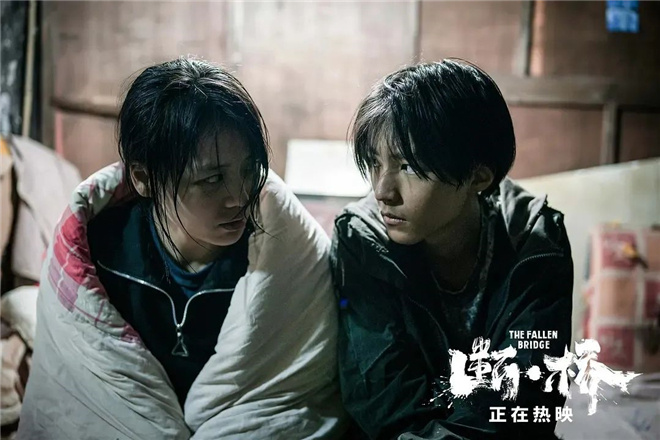
Some viewers will be biased in judging the genre of Broken Bridge. The film is not a suspense film, but a crime film with suspense color. It takes the suspense that is not difficult to solve as the entrance and a single linear narrative as the trajectory to explore the emotional depths of the offender and the victim.
In the film, the relationship between Wen Xiaoyu and Zhu Fangzheng’s foster father and daughter, and her psychological struggle for the kindness of Chou He who killed her father have not been fully demonstrated; Although Meng Chao tells the story of her sister, and the film also wants to play the role of Xiaoyu as her sister, the relationship between Xiaoyu and Meng Chao is not more convincing.

The core of this film is to express the mutual redemption between Wen Xiaoyu and Meng Chao. When these obvious deficiencies appear in the narrative level, many viewers’ understanding and empathy for the role’s behavioral motives are blocked and unreliable.
The story frame of Broken Bridge follows the genre paradigm of crime movies, but there are many counter-type operations in the main details, which I want to present with the psychological reality logic of "unpredictable human nature". Unfortunately, most viewers don’t buy it, and everyone needs to see objective facts and reasonable causality.

Chen Yu, the screenwriter of Rock Solid, once wrote: "At present, China’s crime films are only statements of crimes, and few films are interpretations of crimes." He believes that "interpretation" means understanding society and human nature through understanding criminal behavior.
The creation of Broken Bridge has such a starting point. As a crime film with the theme of anti-corruption, it has thought-provoking significance in expressing the chaos of collusion between officials and businessmen, appealing to social conscience, caring for real human nature, etc., but it is regrettable that the expression method and structural process are missing.The balance between genre and anti-genre, reality and psychology needs to be paid attention to and considered in the creation of domestic crime films.
How do domestic crime films perform?
Up to now, only four domestic crime movies have been released in 2022, and the order of box office ranking is Detective Wars, Broken Bridge, Marginalist and Hunting, and the total box office of the four movies only accounts for less than 5% of the total box office of the year. On August 26th, a new crime film "The Man Who Loves Me Most in the World" will be released, and the volume is not big.
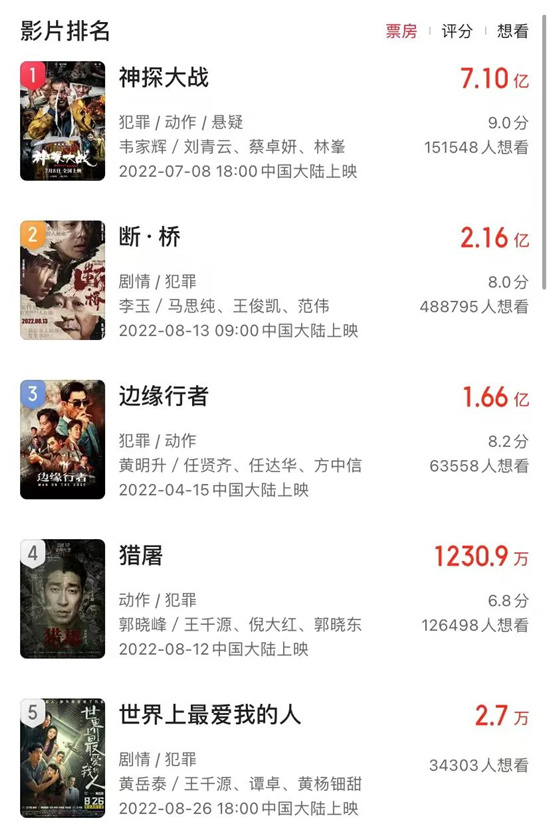
Previously, affected by the epidemic, the number of films released was small, which directly led to the reduction of this type. Although crime movies are hot, compared with plot, war, science fiction, animation, comedy and suspense, they have not been the mainstay of the box office in the mainland market, and their performance is relatively unstable.
However, from a single point of view, "Detective Wars" is in deus ex in the summer file; Although the operating rate of cinemas in China was once less than 40% due to the epidemic, The Marginalist still made a firm release to save the market and achieved a performance of 160 million box office, which shows that crime films have a lot of hidden strength.
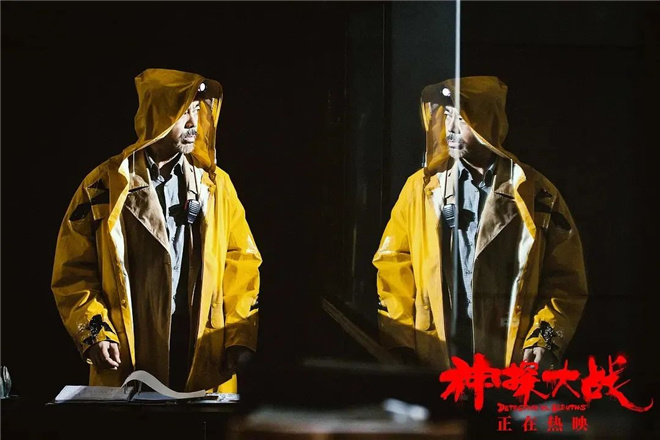
"Detective Wars" and "Edge Walker" are both created by the Hong Kong team, and Hong Kong-made crime films have long been the mainstay of this type in China.
Various crime themes and crime cultures have always permeated into different types of Hong Kong movies, and Hong Kong crime movies are also integrated with gangster movies, action movies, gangster movies and heroic movies, which can no longer be simply summarized by a single type, so the content is richer and more entertaining.
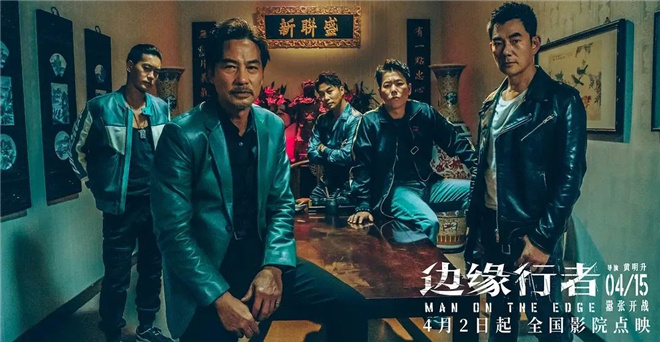
Crime films made in the mainland are constantly developing a completely different type from Hong Kong films.
Chen Sicheng’s producer, Sheep Without A Shepherd series, strengthens suspense content on the basis of crime films. Both films have entered the top ten box office of China’s film history crime films, which has set a successful creative path in the domestic market.

"Nobody" and "Crowd" are both absurd comedies and crime films with realistic reflection consciousness, which have unique value of localization.
China’s public security organs have made breakthrough achievements in anti-drug and anti-gang activities, which have provided real and powerful adaptation materials for operation mekong and Anti-gang Battle, and this theme will continue to be publicized in crime films focusing on different cases.

30 new films of crime types are worth looking forward to.
Although there are only a handful of crime films released so far this year, there are a large number of similar new films that have been officially announced and will meet the audience one after another in the future. The 1905 film network also sorted out 30 films worth looking forward to.
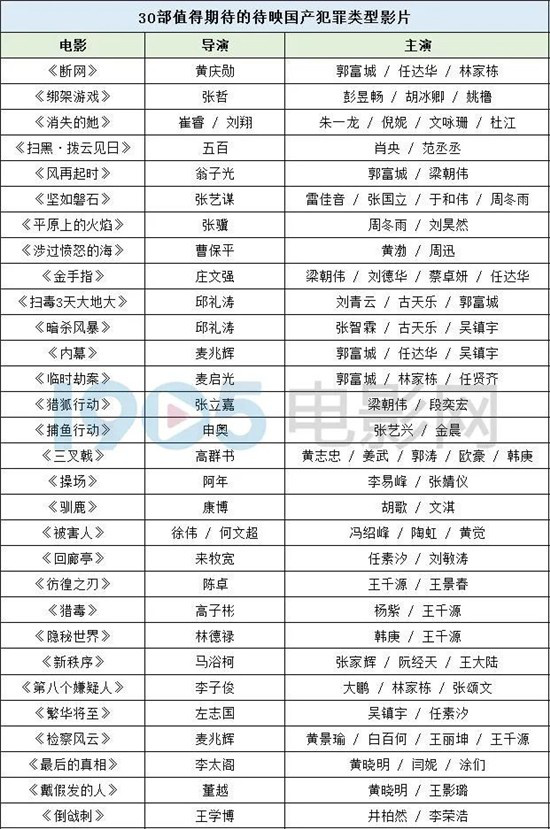
Hong Kong-made crime films will still be the main force in the future market. Where the Wind BlowsFocus on the history of the "Detective Shuangxiong" who has dominated Hong Kong for 30 years;Assassination stormAdapting the best-selling mystery novel Death Notice: The Dark Ones in China;Temporary robberyIt is the taste of authentic Hong Kong-style gangster films; It’s booked for September 9 thBroken networkBased on online financial crimes, these films are all aimed at being released this year.

Goldfinger will unveil the shady business battlefield in Hong Kong in the 1980s. Insider goes deep into the truth behind the charity case; "Anti-drug 3 Days" continues the series of firepower, and these more powerful blockbusters are expected to debut next year.
Tony Leung Chiu Wai, Andy Lau, Aaron Kwok, Liu Qingyun, Louis Koo, Yam Tat-wah, Wu Zhenyu and other leading actors continue to gather and stimulate different energies in Hong Kong-made crime films through arrangement and combination.

In terms of mainland output, the integration and overlapping of crime films with other themes and types are more diverse.
In 2021, the anti-corruption theme of "Sweeping the Black Storm" was in full swing, and 500 continued to direct the film "Sweeping the Black and Seeing the Sun"; "New Order" featuring gangster action scenes is also scheduled to be released this year. In addition, Zhang Yimou’s "Rock Solid" and Gao Qunshu’s "Trident", two "stocks" have kept fans waiting for a long time.
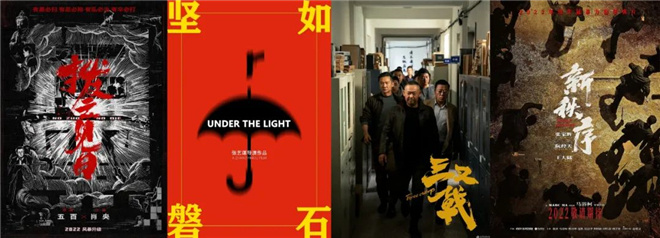
The anti-drug theme in the crime category will usher in "Drug Hunting" and "The Secret World", both of which are starred by Wang Qianyuan, a professional gangster film. The theme of economic crimes is "Fox Hunting Action" and "Fishing Action" with the theme of anti-network telecom fraud.

Crime films adapted from real cases have always been highly concerned. "Playground" is based on the case of burying a corpse in a playground that has been dusty for 16 years and shocked the whole country. The Eighth Suspect focuses on a major case of armed robbery of an armored car in 1995. In addition, there are Reindeer, which focuses on human trafficking, and Victim, which focuses on robbery and murder.
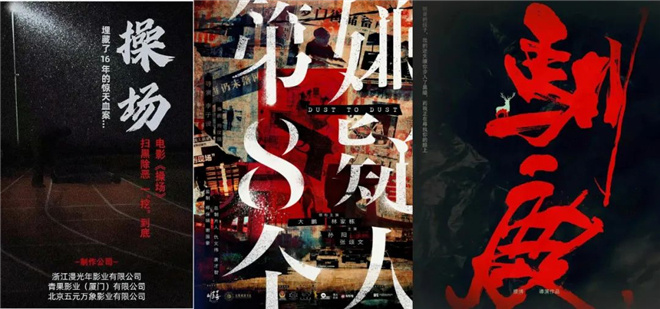
From the film The Sacrifice of Suspect X and The Worry-Free Grocery Store to the series The Ten-Day Game and The Cloister Pavilion, the adaptation of Keigo Higashino’s novels in China has never stopped, including the film version The Wandering Blade, The Cloister Pavilion and The Kidnapping Game, which are scheduled for release on December 23rd. These crime films are mainly based on suspense.

The success of Better Days and Sheep Without A Shepherd proves that the market favors crime films with emotion as the core.
In the future, Chen Sicheng’s producer, Zhu Yilong’s The Disappeared She and Zhou Dongyu and Haoran Liu’s The Flame on the Plain are all based on love crimes, and the public has high expectations.

Cao Baoping’s new film Across the Furious Sea, which is good at shooting commercial crime films in China, combines crime with family affection, with starring Bo Huang and Zhou Xun. The collocation of Wu Zhenyu and Ren Suxi in Prosperity Is Coming is also fresh.
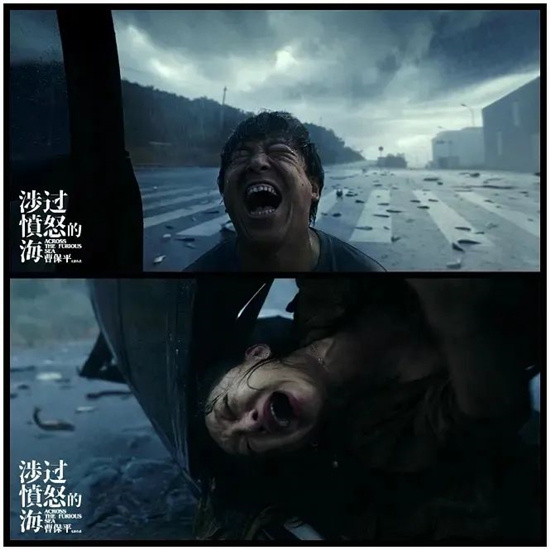
"Prosecutorial Storm" and "The Last Truth", which investigate cases from the perspective of prosecutors and lawyers, cut into criminal cases from the professional perspective of the legal system. In addition, it is worth looking forward to "The Man in the Wig" with strong artistic temperament, which is suitable for the film festival route, and the comedy+crime commercial film "Inverted Sting".

When domestic genre films gradually mature, the quality of crime genre films is also upgrading, and the future can be expected.



